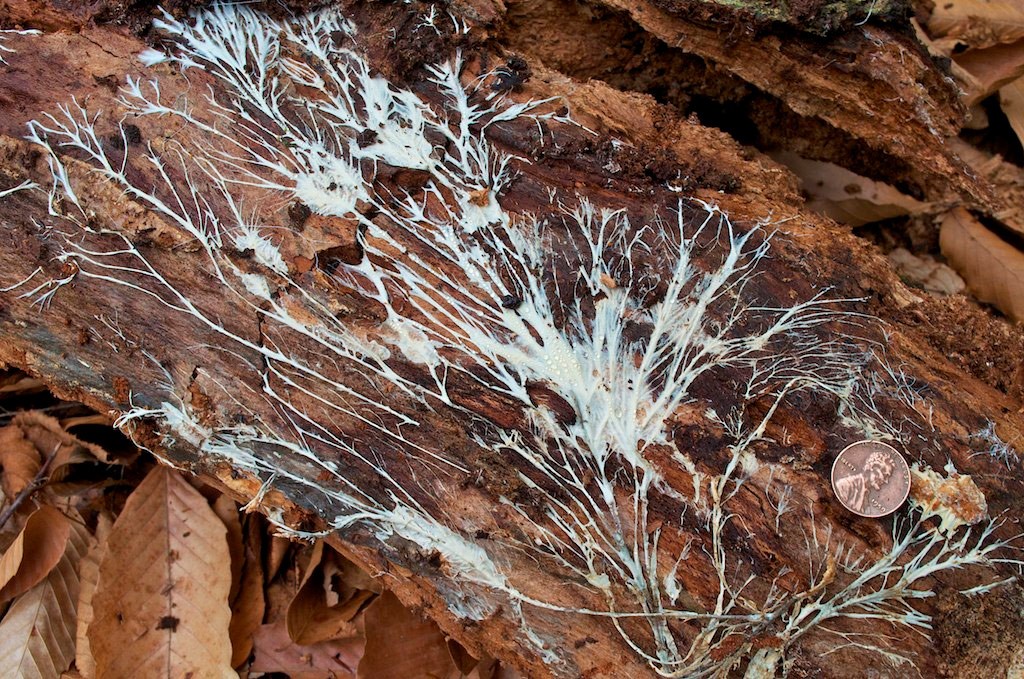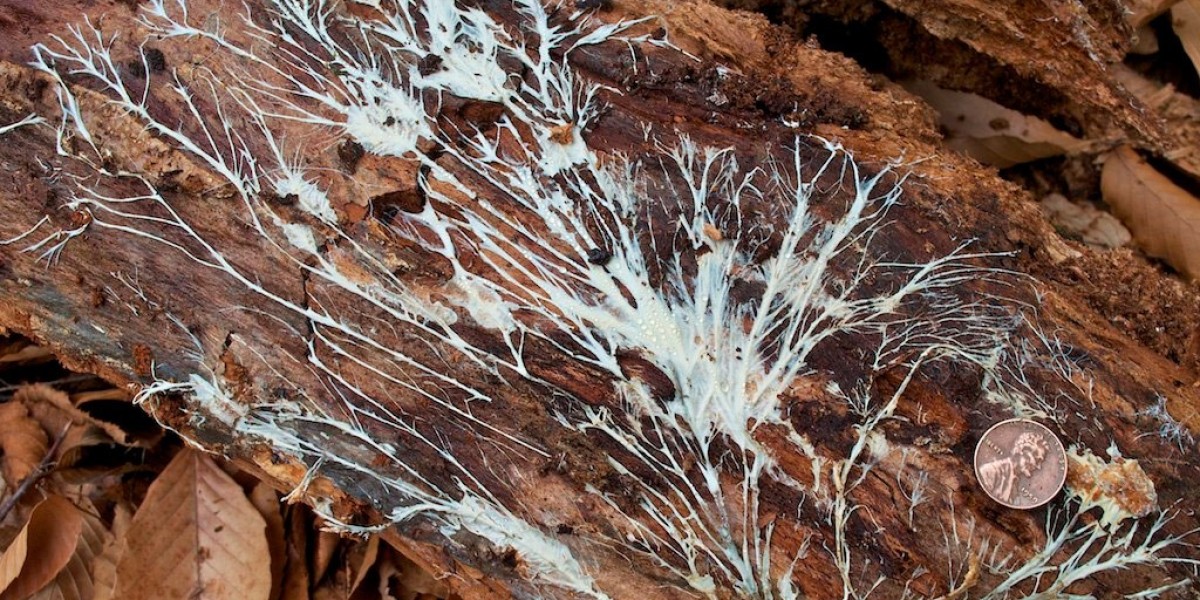The mycelium market is witnessing exponential growth, driven by increasing interest in sustainable and eco-friendly solutions across various industries. Mycelium, the root-like structure of fungi, has long been known for its critical role in nature, acting as a decomposer and nutrient recycler. However, in recent years, this naturally occurring substance has garnered significant attention due to its versatile applications in sectors ranging from food to construction, textiles, and packaging. As the demand for sustainable products rises, mycelium's potential as a game-changer has caught the interest of businesses and researchers alike.

Key Applications Driving Mycelium Market Growth
Food Industry: Mycelium is gaining popularity as an alternative protein source and a meat substitute. Companies are increasingly experimenting with mycelium-based food products, particularly in the development of plant-based meat. Due to its texture, flavor, and nutritional profile, mycelium has become an essential ingredient in the production of products that aim to reduce reliance on traditional animal farming. This shift is fueled by the growing consumer preference for plant-based diets and sustainable food choices, further expanding the market for mycelium in the food industry.
Packaging: The global push toward reducing plastic usage has created an ideal environment for the rise of mycelium-based packaging solutions. Mycelium is biodegradable, sustainable, and can be molded into various shapes, making it an excellent alternative to traditional plastic packaging. Companies like Ecovative Design and others are developing mycelium packaging that can replace foam, plastic, and other environmentally harmful materials. This innovation in packaging is gaining traction in various industries, including electronics, cosmetics, and food packaging, thereby increasing the demand for mycelium-based solutions.
Textile Industry: The textile industry, notorious for its significant environmental impact, is also embracing mycelium for creating sustainable fabrics. Mycelium-based leather alternatives are already being used by several brands to produce high-quality, eco-friendly products. The process of cultivating mycelium into durable, flexible materials offers a renewable and cruelty-free option compared to traditional animal leather. This shift in consumer preferences toward sustainable fashion is expected to bolster the demand for mycelium-based textiles.
Construction: Mycelium is increasingly being considered as a viable material for the construction sector. It has excellent insulating properties, making it a potential alternative for building materials like insulation panels, bricks, and boards. Mycelium-based construction materials are lightweight, biodegradable, and energy-efficient, offering sustainable solutions for building and construction projects. As urbanization grows, so does the need for green building materials, further enhancing mycelium’s appeal in the construction industry.
Healthcare: In the healthcare sector, mycelium is being explored for its antimicrobial properties, offering possibilities for applications in wound dressings, medical devices, and more. Research is ongoing into mycelium’s potential as a natural remedy for various ailments, contributing to its growing use in pharmaceutical and healthcare products.
Market Trends and Drivers
Several factors are driving the expansion of the mycelium market. First, there is a growing awareness of environmental sustainability, especially among younger consumers who are seeking alternative products that minimize harm to the planet. As governments and industries around the world push for reduced carbon footprints, mycelium-based products provide an effective solution to these demands.
Second, the development of advanced biotechnology and mycelium cultivation techniques has made large-scale production more feasible and cost-effective. This, combined with the increasing research into mycelium's diverse applications, is accelerating its adoption across various industries.
Third, mycelium's ability to grow quickly, with minimal resources, makes it a highly sustainable material. This trait is particularly attractive to companies looking to reduce their environmental impact while maintaining product functionality and quality.
Challenges in the Mycelium Market
Despite its potential, the mycelium market faces several challenges. For one, large-scale production of mycelium-based products is still in its early stages, and the cost of production can be high compared to traditional materials. Scaling up and optimizing production processes will be critical to the widespread adoption of mycelium in commercial applications.
Another challenge is the limited consumer awareness and acceptance of mycelium-based products. As with any new material, it will take time for consumers to trust and embrace mycelium as a viable alternative to more conventional options. Efforts to educate consumers and businesses about its benefits and applications will play a significant role in accelerating market growth.
Future Outlook
The mycelium market is poised for significant growth as new applications are discovered and production processes improve. As industries increasingly prioritize sustainability, the demand for mycelium-based products will likely continue to rise. Furthermore, as technology advances and consumer attitudes shift towards environmentally friendly alternatives, mycelium will become an integral part of the global push toward a more sustainable future. The next few years will be crucial for the development of the mycelium market, but the potential for this innovative material is vast and exciting.



